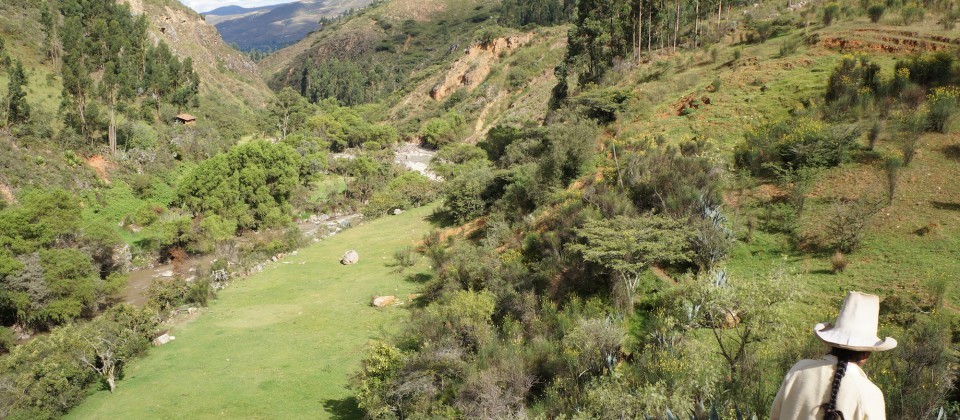Tara Cookson, University of Cambridge, Department of Geography
Conditional cash transfers (CCTs) have become the world’s most popular tools for developing children’s human capital and promoting social inclusion. My research, a multi-sited institutional ethnography of Peru’s CCT “Juntos”, aims to elucidate program impacts on the poor, rural mothers who receive the transfers. Mapping connections between actors and work processes in disparate sites, I show how these articulate to organize women’s experiences.
Bringing together feminist political economy, development, and social policy literatures, I argue that Juntos excludes already marginalized women by reproducing inequalities based on gender, class, ethnicity, and geography. Juntos’ substantive mission, grounded in rights and access to quality services, is evacuated as administrators narrow the program’s focus onto conditionality and auditing. In implementation, I show how institutional procedures articulate with uneven development and local power relations to make low-level bureaucrats’ work more difficult. The strategies they employ to overcome challenges reproduce social hierarchies and create unjust circumstances for program beneficiaries. As a result, rather than creating circumstances in which women could meaningfully carry out the caring tasks assigned to them, the state concerns itself with controlling women’s time, and through walking and waiting, also controls their bodies.
This research has implications for CCT programs globally, and more broadly, speaks to how well-meaning social inclusion policy may come to have unintended exclusionary impacts. By analysing the institutional organization of women’s “mundane” experiences of welfare and development, I propose that it is possible to construct a nuanced critique that also advances a constructive vision of more just social policy.


Leave a Reply